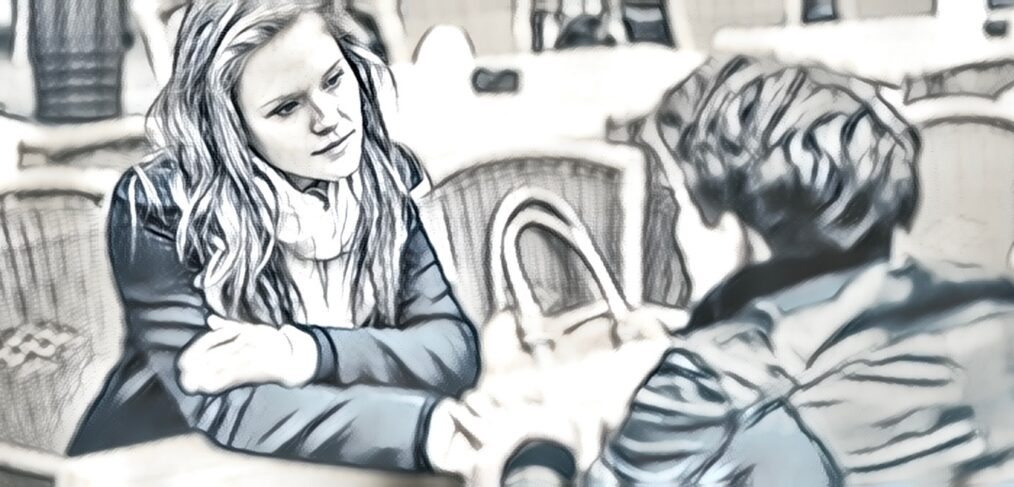In the modern world, we have amazing technology that would have seemed like magic centuries ago, and like science fiction only decades ago. We’re connected with other people around the globe in an instant and think nothing of it. This past week, I was on video meetings with people from Hawai’i, New Caledonia, and Alaska and across the continental US, and it didn’t even warrant a passing mention. We also have literally every movie or TV show ever made available at any time. And if all of that doesn’t satiate our desire for distraction, we have a near infinite stream of opinions, status updates, shares, clips, and fails available from multiple social media sources, all the time. For people born in this era, it’s very easy to never have a time when our brains aren’t occupied by external stimuli, and as a result, to never learn how to live without distraction.
Sure! Let’s go!
The people I enjoy being with the most have a sense of adventure about them. They are up for anything. It’s not only a willingness to explore the unknown and engage in new experiences—it’s also an overwhelming sense of optimism and enthusiasm. They’re an inspiration to me, but they’re also just fun to hang around with. They look at the bright side of whatever happens and don’t treat barriers or challenges as problems. They also have courage—courage to explore the unknown and to take risks—courage in the face of doubt. All of us have a range of opportunities every day—opportunities to try new things or to get to know new people—and some of these opportunities will involve risks. A sense of adventure doesn’t mean saying yes to every opportunity that arises or totally ignoring risks and responsibilities. It does mean being open to opportunities and open to the possibilities they present. It means saying yes to life.
How much time do you spend getting to know people? Not just what they did over the weekend and how their kids are doing, but really trying to get a feel for who they truly are and what drives them. Most interactions take place on a very surface level. We engage in small talk or interact on the basis of what we’re intending to accomplish, and the rest is often just minimal politeness. There’s nothing wrong with a pleasant passing of the time, but if we become closer with people, we might have deeper conversations and get to know them better. We can learn to guide our interactions based on that knowledge and those insights. However, unless we make a consistent effort to get to know people andincorporate that knowledge into our interactions with them, we aren’t taking advantage of opportunities for much more meaningful and rewarding relationships.
Throughout our lives, we have the opportunity to encounter an enormous variety of activities and experiences. Some may seem out of reach—either because we feel we’re not talented enough or because it would be too hard to become proficient. Maybe we feel we wouldn’t enjoy it or that it’s out of our comfort zone. But the fact is, these reasons are just excuses. We won’t really know if something is possible unless we try.Trying something doesn’t mean making a long-term commitment. We can try activities in the short term and see if we have an aptitude for it or if we enjoy it. On the other hand, we shouldn’t stop doing something without giving it a chance—it might grow on us or we might enjoy it once we get some experience and get even a little bit better.Ultimately, the more things we try, the more likely it will be that we will find our passion.
Life is a journey. It contains many twists and turns and can be fraught with challenges, risks, and frustrations. It’s daunting to think about life as one big journey, but that’s okay because it is also made up of a multitude of mini-journeys. Like any significant endeavor, it’s helpful to break it up into manageable pieces. In focusing on the mini-journeys, you may also find nuances you otherwise might not have seen. To reverse the old saying, you might miss the trees for the forest. But changing your mindset and embracing your mini-journeys takes intentionality and open-mindedness. It’s easy to engage in business as usual and lose sight of the opportunities along your path. You have to stop, consider, and build an awareness of how you might proceed with your journey and what mini-journeys that will entail.





